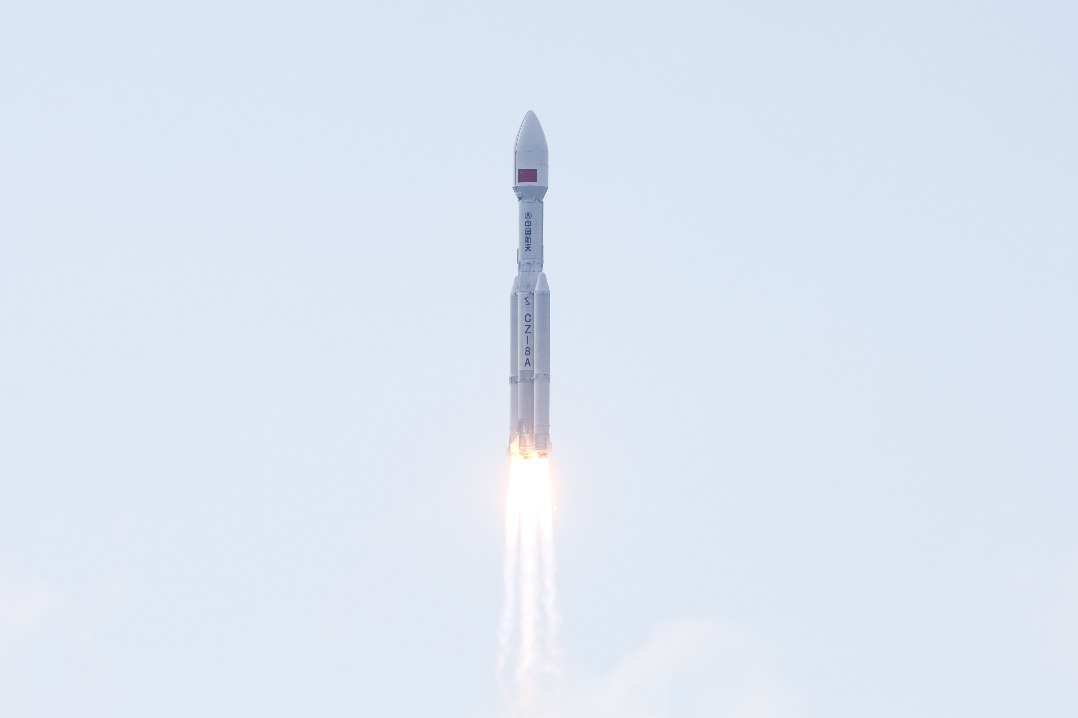Revolutionary Chinese chip to pioneer search for dark matter, black holes

BEIJING -- A Chinese research team from Tsinghua University has unveiled a revolutionary spectroscopic imaging chip, RAFAEL, that could transform how humanity observes the universe.
Published in Nature this week, the breakthrough resolves the long-standing trade-off between spectral resolution and throughput/efficiency, enabling high-performance yet easily integrable snapshot spectroscopy.
Spectroscopy is a fundamental tool for revealing the physical structures and chemical compositions of matter, underpinning discoveries across physics, chemistry, astronomy and life sciences.
However, traditional instruments have long faced an inherent challenge in achieving both ultra-high resolution and high throughput. Enhancing one typically requires compromising the other, creating a seemingly insurmountable barrier to achieving both simultaneously.
RAFAEL, with its Chinese name "Yuheng," breaks this limitation through integrated and reconfigurable lithium-niobate photonics, enabling each pixel in the sensor to capture complete spectral data with ultra-high optical transmittance.
The chip achieves snapshot spectroscopy with a 10-megapixel spatial resolution and a spectral precision of 0.05 nanometers across visible to near-infrared wavelengths.
In an on-sky demonstration, RAFAEL captured spectra in that precision of up to 5,600 stars in a single exposure, representing more than a hundredfold improvement in observational efficiency over world-class astronomical spectrometers.
Compact yet powerful, the chip could unlock new insights into the most enigmatic phenomena in the cosmos while advancing research from materials science to astrophysics, said Fang Lu, a professor at Tsinghua and corresponding author of the paper.
"Yuheng" derives its name from the fifth star of the Big Dipper, once used by ancient Chinese astronomers to calibrate celestial movements, embodying precision and balance.
Building on this legacy, the chip aims to establish a new stable benchmark for human astronomical observation of light and the universe, Fang said.
- Revolutionary Chinese chip to pioneer search for dark matter, black holes
- Cargo plane skids into sea after landing in Hong Kong, 2 dies
- Explainer: What to know about key Party meeting that will shape China's next five-year plan
- Photos on a star trek
- China pioneers digital, green growth
- Key asset of biodiversity




































